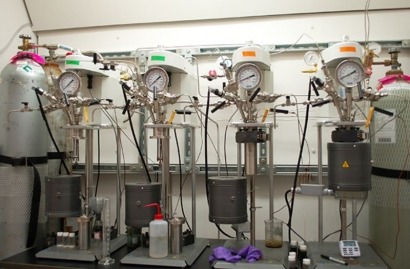
The car tires produced from biomass that includes trees and grasses would be environmentally friendly while still providing the appearance and performance of existing tires.
The University has applied for a patent on the technology and they have made it available for licensing through the University of Minnesota Office of Technology Commercialization
The study was reported on in the American Chemical Society’s ACS Catalysis, a leading journal in the chemical and catalysis sciences. Authors of the study include not only researchers from the University of Minnesota, but also the University of Massachusetts Amherst, and the Center for Sustainable Polymers, a National Science Foundation-funded center at the University of Minnesota.
“Our team created a new chemical process to make isoprene, the key molecule in car tires, from natural products like trees, grasses, or corn,” said Paul Dauenhauer, a University of Minnesota associate professor of chemical engineering and materials science and lead researcher of the study in a press release on the University’s website. “This research could have a major impact on the multi-billion dollar automobile tires industry.”
The University of Minnesota technology follows other recent advances by companies like Cox Enterprises, Piromak and Boulder Enterprises in reducing the environmental impact of existing tires, although these have largely focused on end-of-life technologies and recycling. The University’s discovery has potential to design impacts out of tires’ lifecycle.
For additional information:

